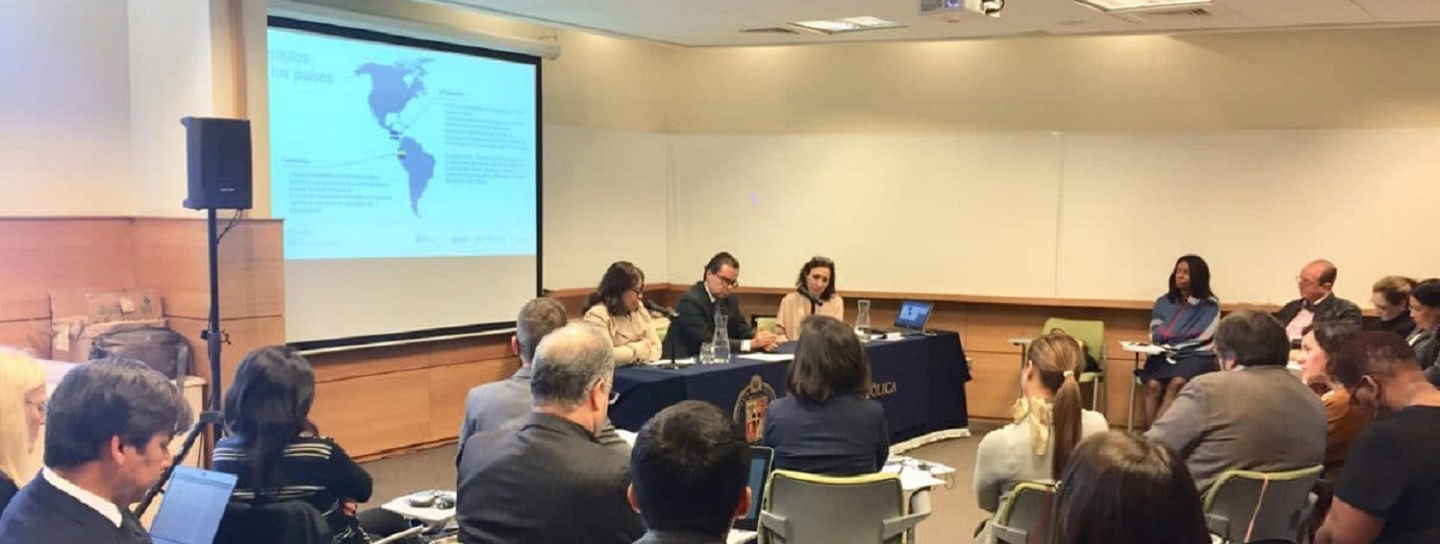The International Learning Lab on Public Procurement and Human Rights was launched last year and is co-organised by the Danish Institute for Human Rights (DIHR), the International Corporate Accountability Roundtable (ICAR), the Harrison Institute at Georgetown Law, the Public Procurement Research Group of Nottingham University, and several other people and organisations, including our friend Andy Davies of the London Universities Purchasing Consortium.
This is a hot topic in public procurement, and only likely to get hotter, we suspect. Stories about conditions in electronics and garment factories for instance have hit the national press. Citizens and taxpayers are rightly horrified to think that ‘their’ money, being spent by contracting authorities via public procurement, may be helping support human rights abuses in those and other areas.
So the Learning Lab aims to be a platform and mechanism for:
– experience-sharing among procurement actors on approaches to integrating respect for human rights;
– generating knowledge about public procurement law and policy and human rights;
– producing and disseminating tools and guidance to build capacity to integrate human rights issues among procurement professionals; and
– promoting coherence between procurement and human rights in international and regional frameworks and initiatives.
The Learning Lab recently launched its website (www.hrprocurementlab.org). Additional resources and information will be added to it over the coming months, but it is already a good-looking and easy to use website and a very positive start for the Lab. As well as explaining who is involved in the initiative, the website includes three main content-related sections:
Events is exactly what you would expect, at the moment, all the events listed are in the past although we assume more will be coming along soon!
Thematic Hubs describes the four main areas of interest to the Lab – Electronics, Apparel, International Financial Institutions and Private Security (i.e. government procurement of private security services). Each of those contains reports and other material relevant to that theme.
Resources contains background to the Learning Lab as well as legal and policy documents, recordings of webinars and so on. That section will no doubt grow considerably but already contains some useful material.
The Learning Lab also recently published its inaugural report, titled “Public Procurement and Human Rights: A Survey of Twenty Jurisdictions.”
The authors are Claire Methven O’Brien, Amol Mehra, and Nicole Vander Meulen, with contributions from Marta Andrecka, Olga Martin-Ortega, and Robert Stumberg. The report provides the following:
– An overview of key standards, issues, and policy or practitioner initiatives concerning the interface between public procurement and human rights
– Key findings from a 20-jurisdiction survey of law, policy, and practice on public procurement and human rights conducted in collaboration with local partners
– Recommendations on measures needed to bring public procurement into alignment with human rights and sustainable development.
We have taken a quick look at the report, and may well come back to it in more detail in the future. It is a substantial piece of work (104 pages) although a large part of that is taken up by a useful Appendix which lists existing initiatives and players in the field of human rights and public procurement, country by country. That in itself will be useful to many readers, we suspect. All in all, it is a very impressive document, full of relevant reference-type material as well as recommendations and thoughts about how the key issues need to be taken forward and addressed.

